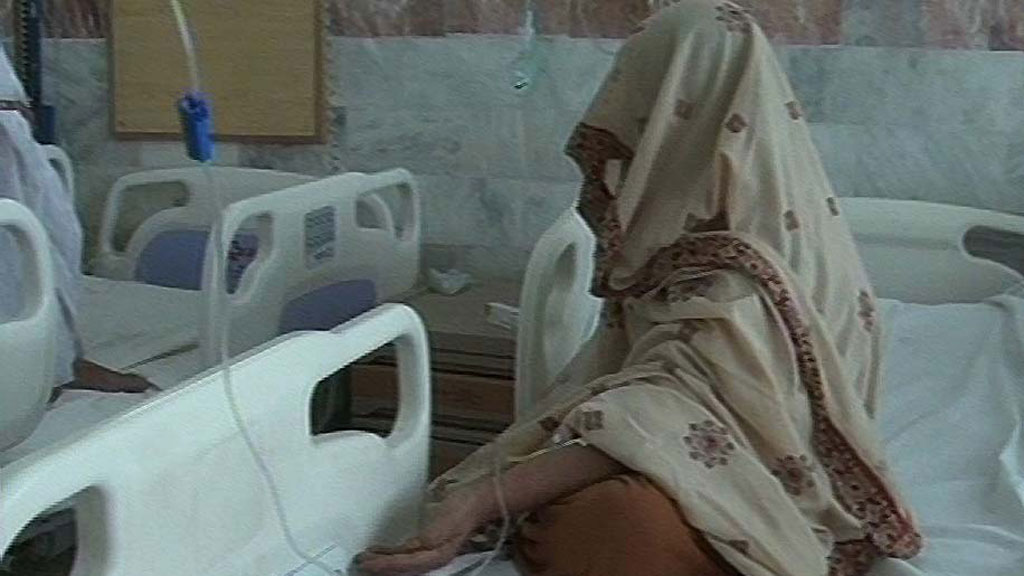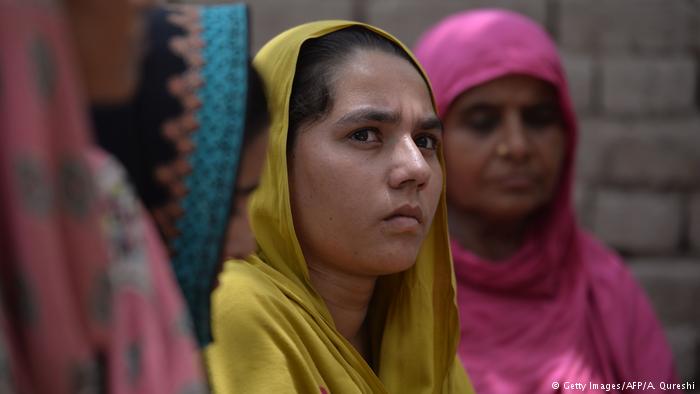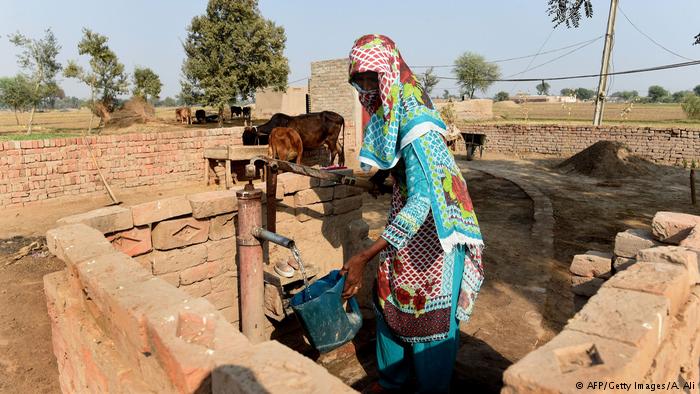Acid attacks: a tool to threaten women
Women in Pakistan’s troubled province Baluchistan are fearful after a spate of attacks that targeted women going out without male family members. A couple of days before Eid (the Islamic festival marking the end of Ramadan), two men on a motorcycle sprayed acid-filled syringes on two teenage girls who were returning from the market in Mastung, a district in Pakistan’s troubled province Baluchistan. The day before, four women aged between 18 and 50 also suffered the same fate in Quetta city when they were in the market area. Fortunately, these women were only partially burned.
There are the reports that pamphlets by various religious fundamentalists and separatist organizations are being distributed in various parts of the province with the warning that women leaving their homes would be ‘disciplined’ and would have to face serious consequences.
No organization has claimed responsibility for the attacks and it is being widely suggested that this heinous and barbaric crime is a result of rising religious extremism in the province. These recent attacks are not the only cases in Baluchistan in which women were targeted for stepping out of their houses. During April and May this year, other attacks were reported.
According to the residents of Dalbandin, another town in Baluchistan, two sisters became the victims and unidentified persons distributed pamphlets in which a group, calling itself “Baloch Ghairatmand” claimed responsibility for an attack on the. They warned women to wear the hijab and not to visit marketplaces unaccompanied by men from their families. Similar crimes have been happening since 2011.
Maimed and disfigured for life
Baluchistan is not the only region in Pakistan where women are oppressed either by fundamentalist zealots or known perpetrators. Human rights groups estimate that more than a hundred people, mainly women and girls, are disfigured in acid attacks every year. Most of the cases are not registered by the victim’s family because the correct number of victims is difficult to estimate. In most cases in the country, the majority of victims know their attackers who throw acid on their victims to settle personal or family scores.
According to the women’s parliamentary caucus and the Punjab Commission on the Status of Women, the highest rate of acid attacks in Pakistan during 2013 was in the province Punjab, where 56 percent of the nationwide attacks were recorded. At least 65 percent of the acid and burn victims were women and girls, 15 percent were children. According to the chairperson of Acid Survivors Foundation, a non-governmental organization, the prosecution rate for such attacks was only 35 percent, which means no justice was provided in 65 percent of the cases. The reasons include problems during investigation and trial stages and out-of-court settlements.
Laws against acid attacks fail to protect women
In 2011, Pakistan’s government passed the Criminal Law Amendment Act making acid throwing a crime against the state, bearing a penalty of a minimum of 14 years up to life imprisonment and a monetary fine. There is also a restriction on the sale of pure acids. To further criminalize acid attacks, Women’s Parliamentary Caucus Punjab presented the Acid and Burn Crime Bill in the Punjab Assembly.
This bill addresses the difficulties and gaps in the police investigation, includes clauses guaranteeing treatment of the victims and their rehabilitation. It suggests death sentence and life imprisonments for perpetrators in the case of victim’s death or injury. It also includes the minimum imprisonment of three years without bail for persons attempting to commit an acid attack, and similar punishments for those persons guilty of aiding, abetting and collusion.
This bill could introduce a new era into fighting acid attacks in Pakistan.
Author: Unbreen Fatima
Editor: Manasi Gopalakrishnan







